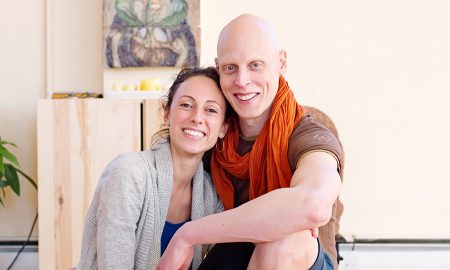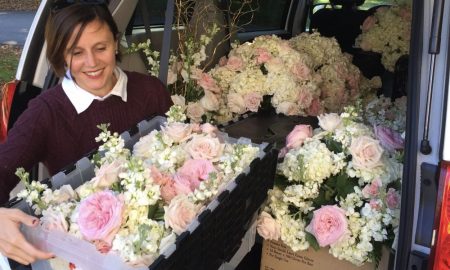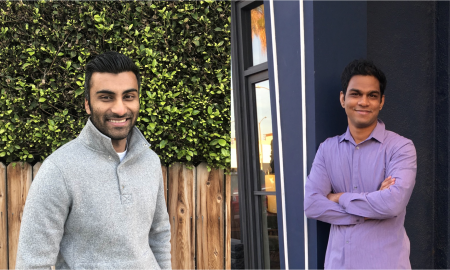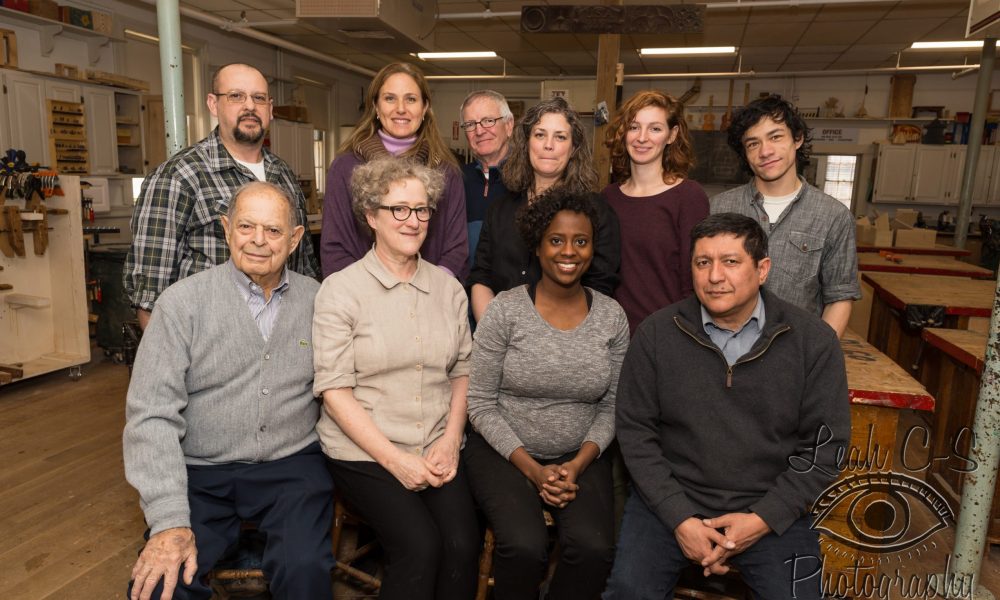

Today we’d like to introduce you to Abigail Norman.
Abigail, please share your story with us. How did you get to where you are today?
I came to the Eliot School after many years of working in community media and community arts. I started in documentary film in New York City back in the late 1970s and gravitated to public access television as a place where all voices could be heard. Then in the ’90s, I went back to school and got a degree from Mass Art – Massachusetts College of Art & Design. I had always drawn and made things from fabric and it felt like a homecoming to embrace that side of myself. While my child was young, I coordinated public festivals, concerts and poetry series at a beautiful historic cemetery in Jamaica Plain and then, the job fell open to direct the Eliot School.
I knew very little about the school at that time. It was a very quiet place and had only recently even put a sign up in its yard. Once I started to learn about it, I saw that it had a remarkable history, a genuinely warm and wonderful group of people, and great potential.
Has it been a smooth road?
It’s been an amazing ride. I’ve come to learn that the Eliot School has had several bursts of growth and activity in its 340+ years of history and this is certainly one of them. Since the 1870s, when it left the public school system and struck off on its own as a center for manual arts, the Eliot School has inspired lifelong learning in craftsmanship and creativity for people of all ages and all walks of life. It flourished like crazy at the end of the 19th century, with the Arts and Crafts Movement and its idealistic reaction to the Industrial Age. I think, the school’s current moment is fueled by an idealistic reaction to the digital age. We spend so much time on our electronic devices. But, really we crave a physical connection with the world, and a personal connection with our communities.
I’ve been the director for 11 years now and in that time, the school’s annual course enrollment has grown from about 400 students to about 1,500 or 1,600 per year. In that time, also, we’ve grown a network of partnerships with public schools and community centers throughout Boston, so that we now teach visual arts and woodworking to around 2,000 children. We also have a new teen program, which incorporates an annual artist’s residency, as well.
I’ve been fortunate to work with a staff and faculty made up of idealistic, thoughtful, creative, community-minded people, including some visionary administrators and some outstanding artisans who keep alive a wide range of crafts, from furniture-making to shoe-making to handmade journals.
So, as you know, we’re impressed with Eliot School of Fine & Applied Arts – tell our readers more, for example what you’re most proud of as a company and what sets you apart from others.
The Eliot School teaches classes in all kinds of craft – what used to be called ‘manual arts.’ It provides entry points for beginners and then pathways to mastery in woodworking, sewing, fiber arts, book arts, painting and drawing, some mixed media. It’s known for its excellent faculty, its wide-ranging community partnerships, its commitment to diversity and its welcoming atmosphere.
There are certainly other community-based art centers in other towns surrounding Boston and trade schools, college extension programs and the like. But the Eliot School provides a focus on craft with a truly welcoming atmosphere, and it puts real energy into its mission to provide “art for all.”
Let’s touch on your thoughts about our city – what do you like the most and least?
Sometimes, Boston seems like a big city and sometimes it seems like a small town. I like living in both at the same time. You can attend world-class museums and performances – and almost always run into friends there.
Boston faces some big challenges, of course. Some are global, like climate change – especially urgent because so much of the city is vulnerable to sea level rise. And some are prevalent across urban America, like the surge in housing costs, which is driving so many people out beyond city limits – and racial inequality, which can be especially bitter here because of some bitter history specific to Boston. On the other hand, there are vibrant communities working to face those challenges in myriad creative ways and I have a lot of faith in those efforts.
Pricing:
- Workshops and classes from $40 to $500, depending on length
Contact Info:
- Address: 24 Eliot Street, Boston, MA 02130
- Website: https://eliotschool.org
- Phone: 617.524.3313
- Email: info@eliotschool.org
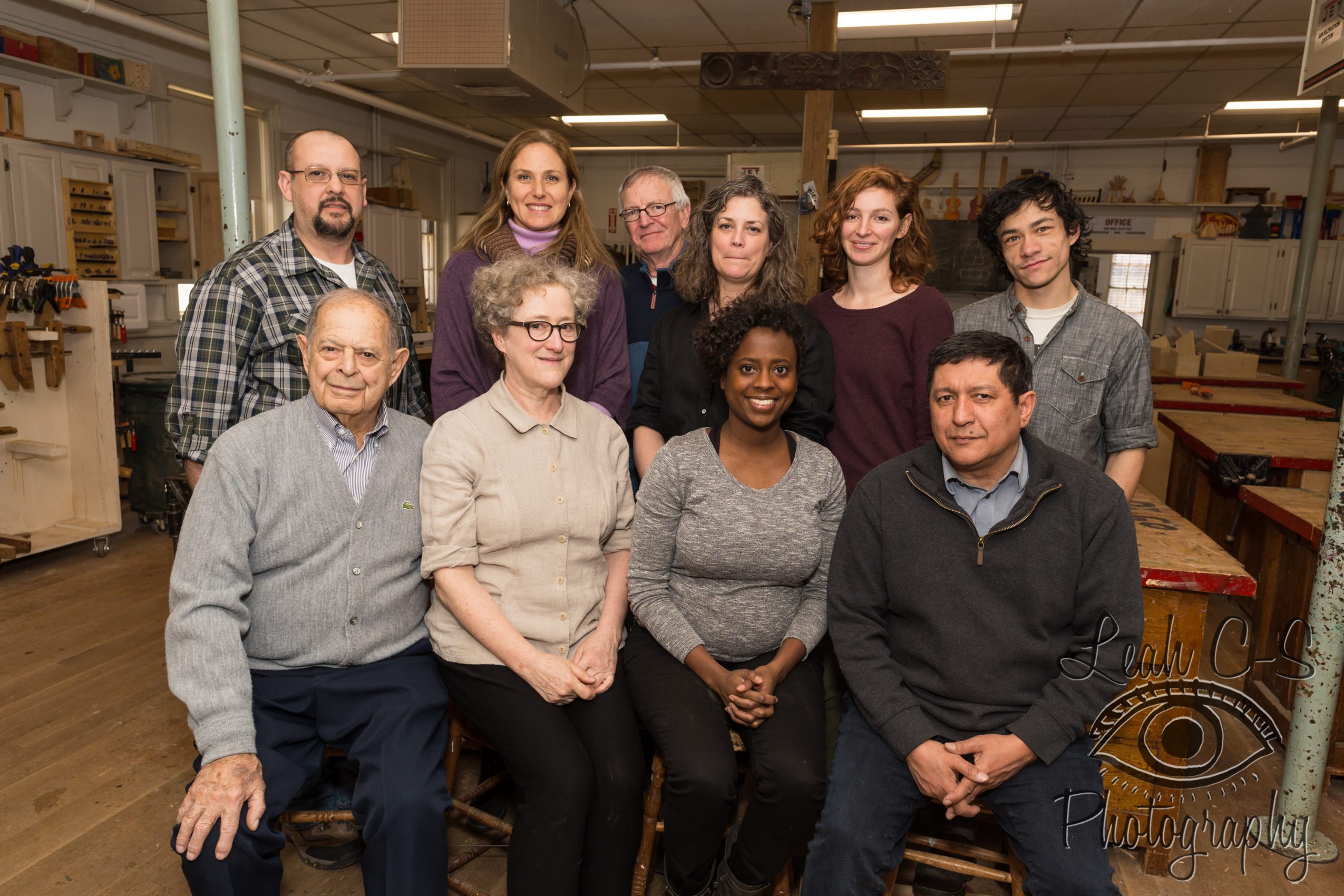
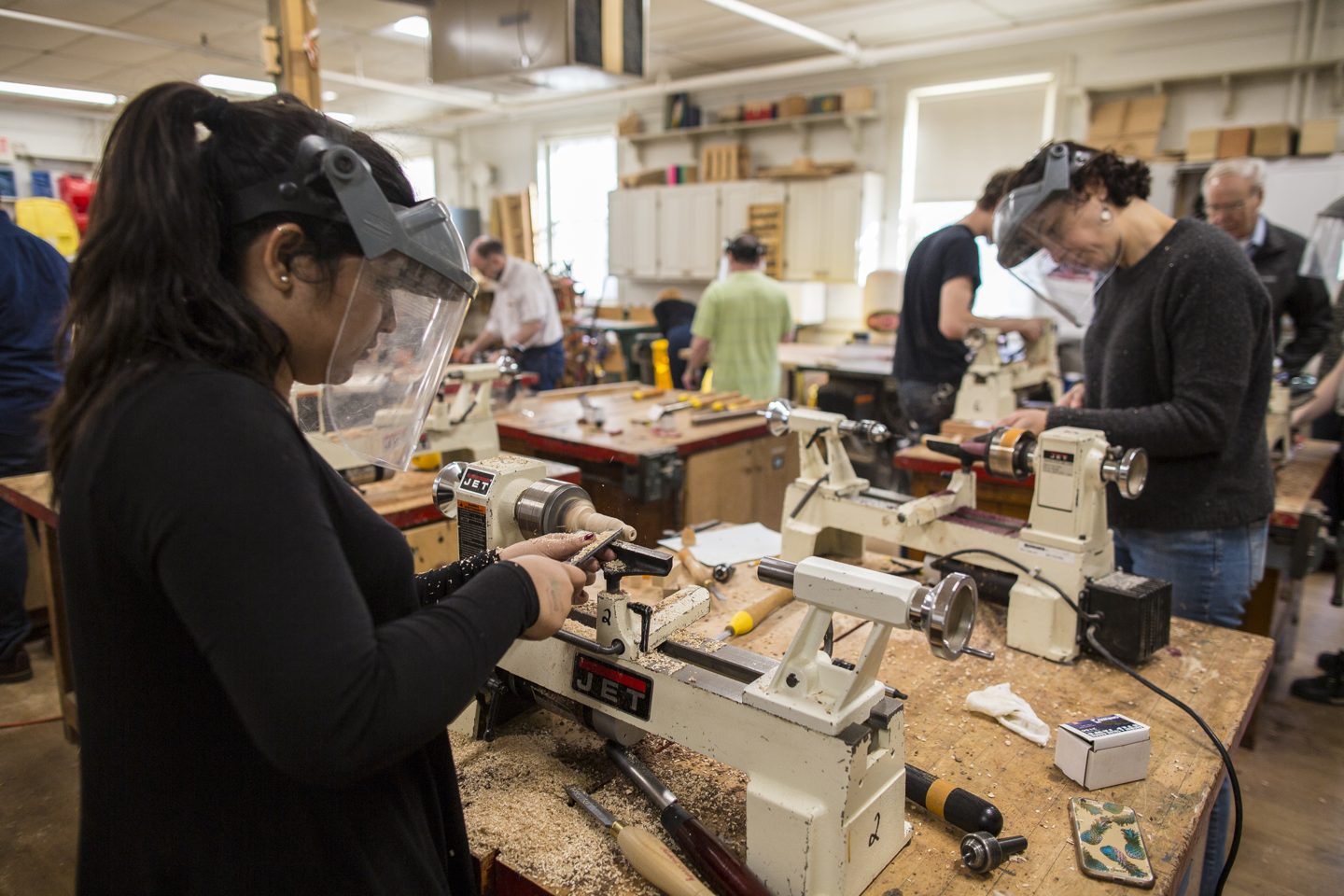
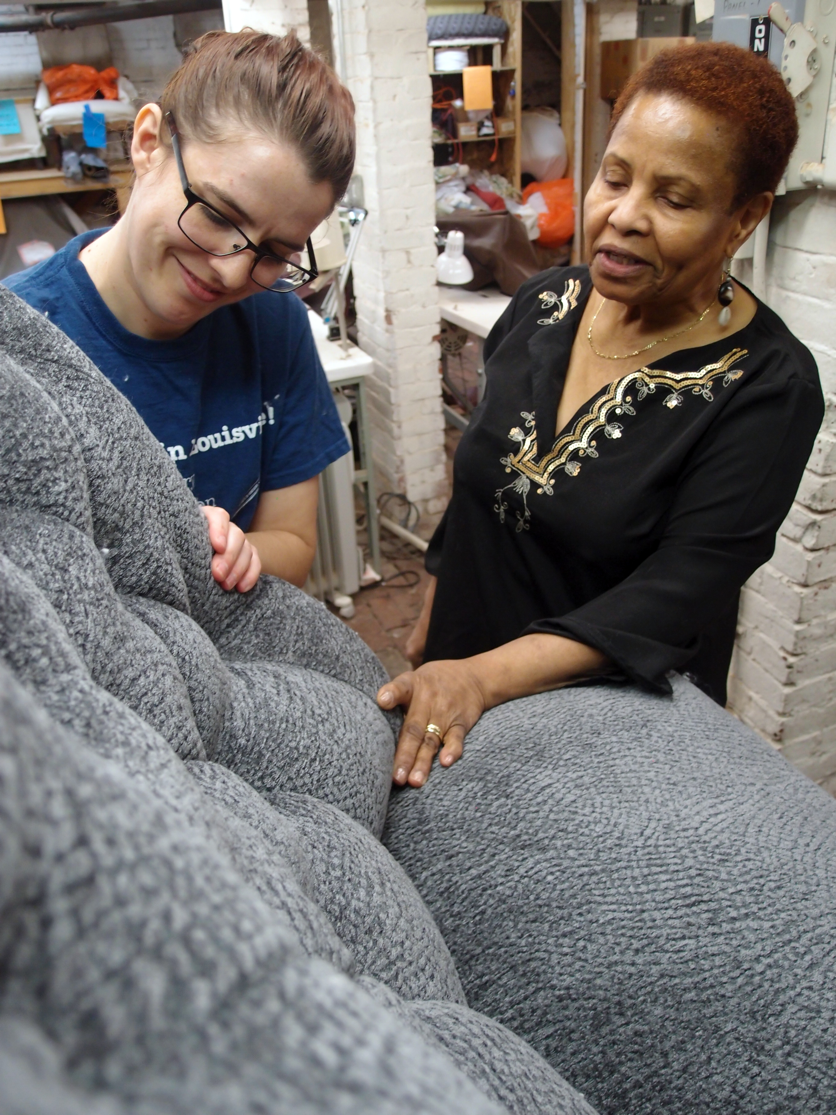
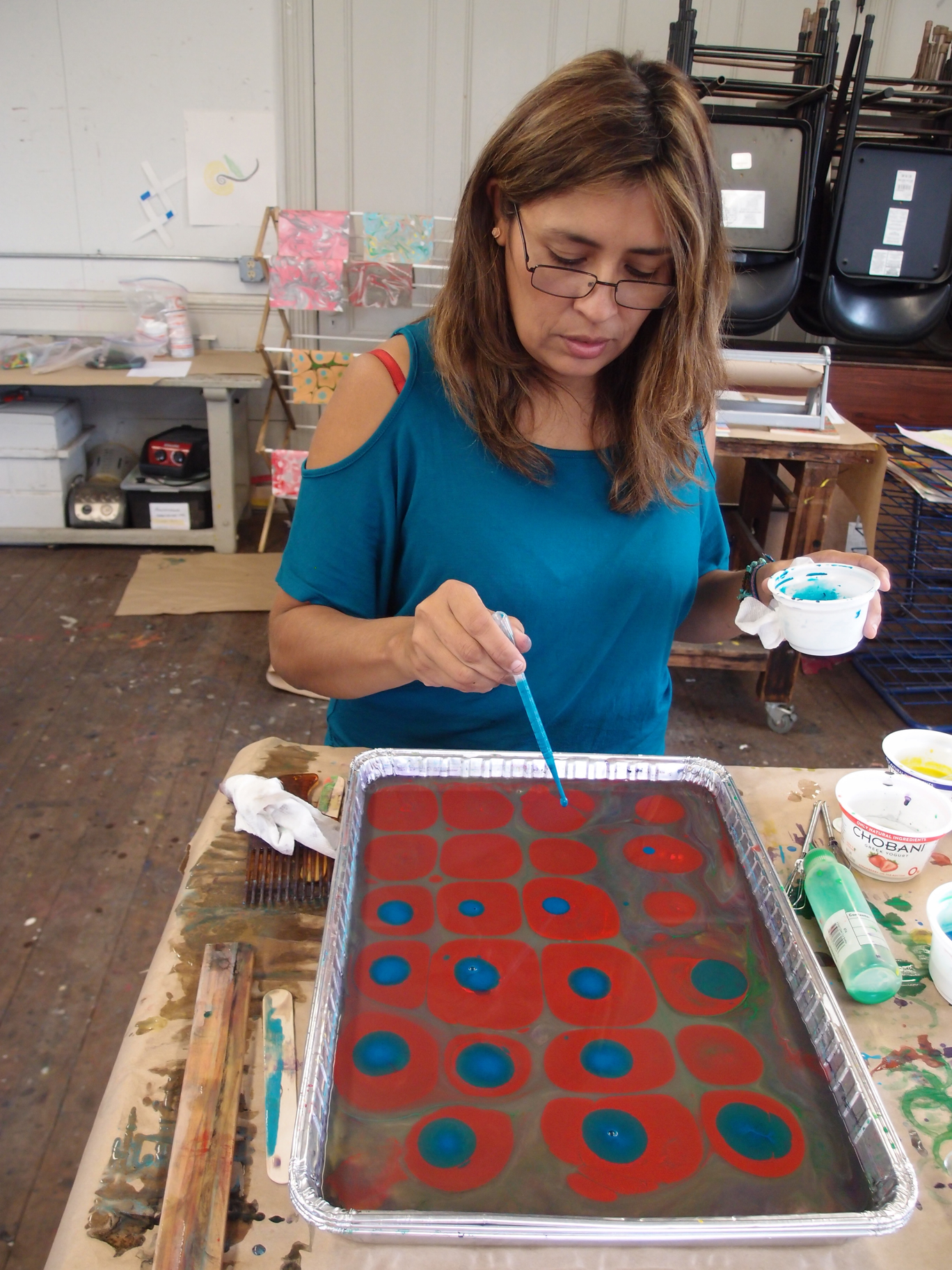

Image Credit:
Leah Cirker-Stark
Getting in touch: BostonVoyager is built on recommendations from the community; it’s how we uncover hidden gems, so if you know someone who deserves recognition please let us know here.














